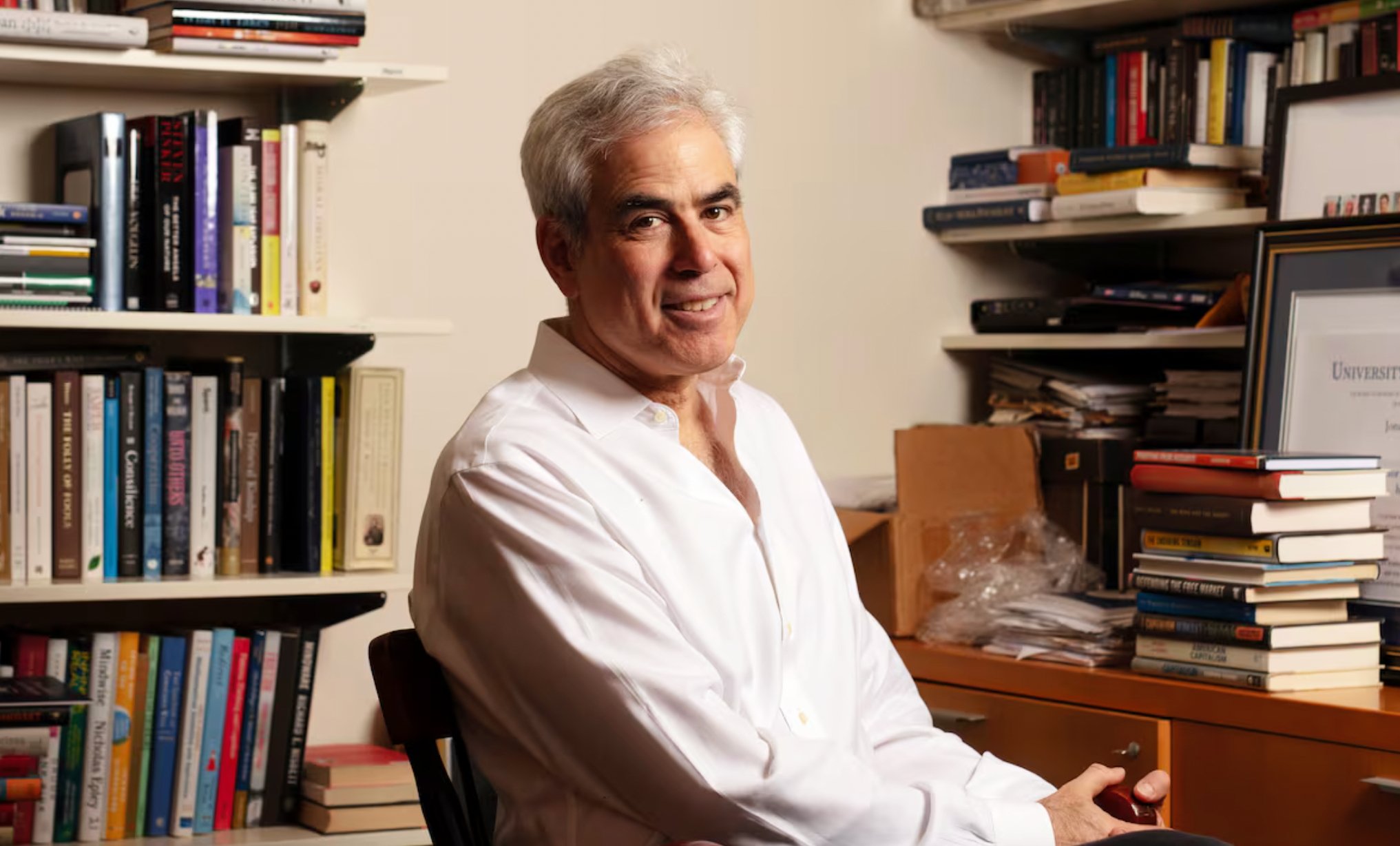 |
| Author Jonathan Haidt is a social psychologist. |
Author Jonathan Haidt presents wise ideas from ancient wisdom to cutting-edge psychological research to draw out life lessons you can use to achieve happiness in today's age.
The Formula of Happiness
The Happiness Hypothesis is a journey of the author's efforts to verify and contemplate the concept of happiness from ancient times to the present through the lens of science . The image of an elephant on the book cover is a metaphor for two parts of each person according to Buddhist thought and ancient Greek philosophy: the elephant (meaning instinct, emotion, habit) and the elephant rider (representing reason and consciousness).
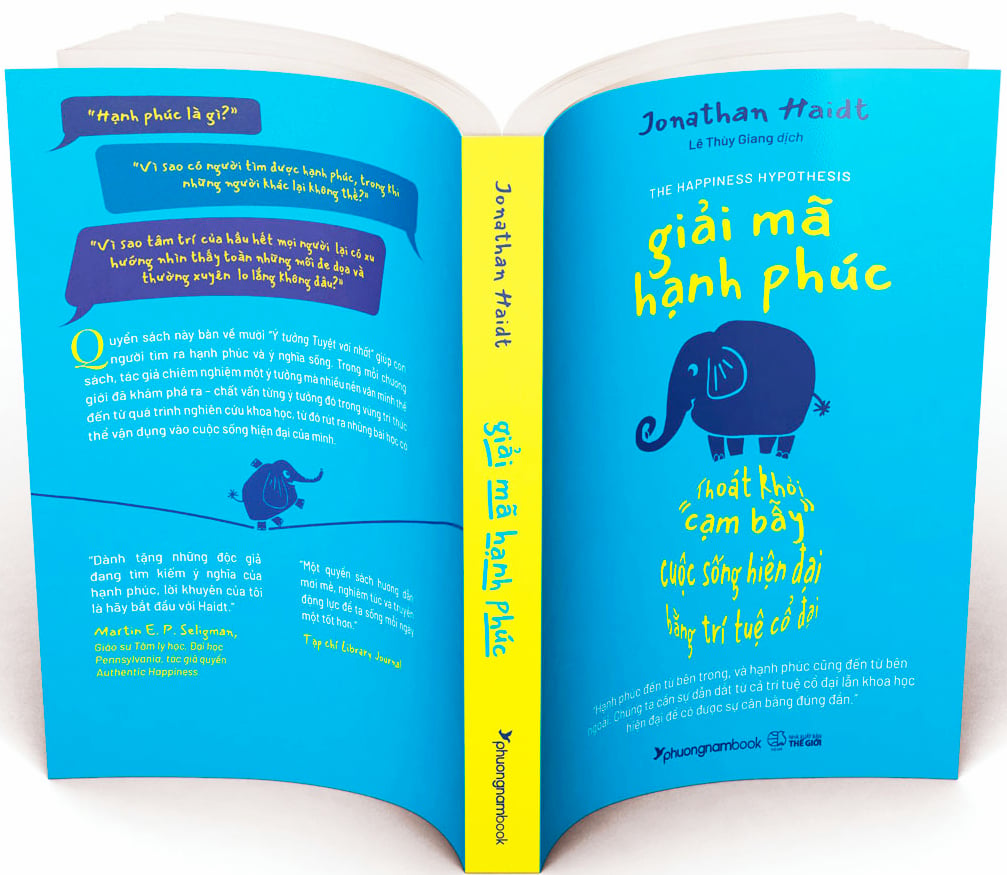 |
| The Vietnamese version of the work Decoding Happiness is published by The Gioi and Phuong Nam Book Publishing House. |
Elephant riders need to know how to understand, follow and especially learn how to coordinate between instinct and consciousness to be happy. Thus, happiness comes from the inside (inner self, thoughts) and happiness also comes from the outside (external circumstances including social context, relationships, economic circumstances, health).
physical…).
The author notes: “Tragedy and adversity are catalysts for inner growth.” “A sufficient dose” of adversity can help people re-identify themselves and renew their value system. Jonathan Haidt concludes: “Given the opportunity to reflect, connect, and adjust, people can emerge from pain with a more sustainable self.”
Live in connection and contribute
The book offers “10 brilliant ideas” to help us identify the meaning of life and find happiness. Author Jonathan Haidt suggests the happiness hypothesis as a formula of yin-yang balance with the core being “harmony between inner needs and social conditions”.
Accordingly, people not only need material abundance and peace of mind and body, but also need to feel connected to life, do meaningful things, perhaps live well and contribute value to the community. Besides, we need to "learn to open our minds and souls to accept personal beliefs that, although different, all lead people to a good and meaningful way of life for them". Because, "what you do not wish for yourself, do not do to others".
“A fresh, serious, and motivating guide to living a better life every day” - Library Journal review.
Jonathan Haidt draws lessons on how we can train our brains to be optimistic, build better relationships, and achieve a sense of balance. In Chapter 10, Happiness Comes from Between, he writes: “Just as plants need sun, water, and good soil to thrive, so too do humans need love, work, and a connection to something greater.”
work harder".
Cam Diep
Source: https://baodongnai.com.vn/dong-nai-cuoi-tuan/202508/giai-ma-hanh-phuc-10-y-tuong-tuyet-voi-de-song-vui-96d1631/




![[Photo] General Secretary To Lam visits Kieng Sang Kindergarten and the classroom named after Uncle Ho](https://vphoto.vietnam.vn/thumb/1200x675/vietnam/resource/IMAGE/2025/10/09/1760023999336_vna-potal-tong-bi-thu-to-lam-tham-truong-mau-giao-kieng-sang-va-lop-hoc-mang-ten-bac-ho-8328675-277-jpg.webp)
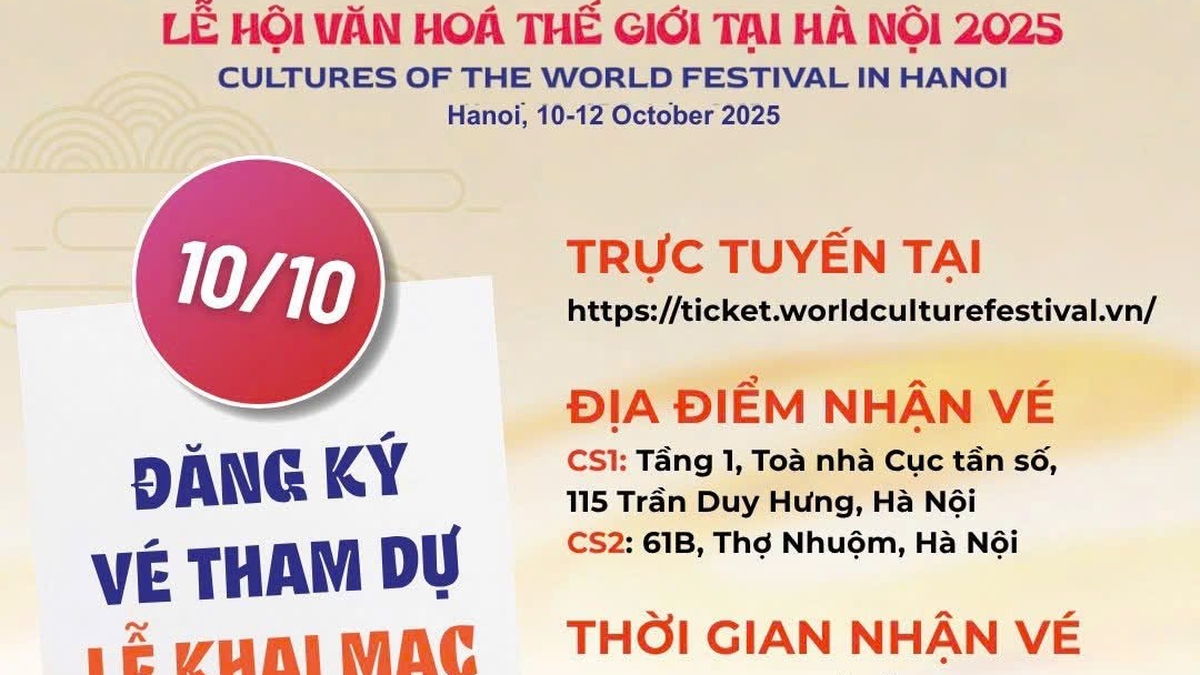
![[Photo] Prime Minister Pham Minh Chinh chairs a meeting of the Government Standing Committee on overcoming the consequences of natural disasters after storm No. 11](https://vphoto.vietnam.vn/thumb/1200x675/vietnam/resource/IMAGE/2025/10/09/1759997894015_dsc-0591-jpg.webp)

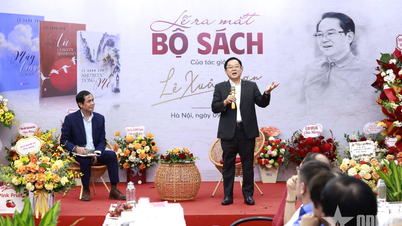

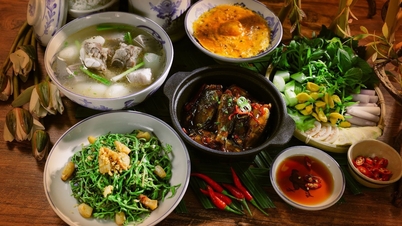
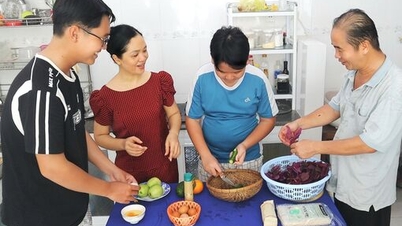

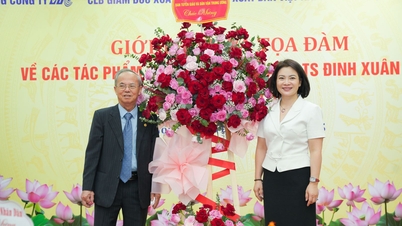

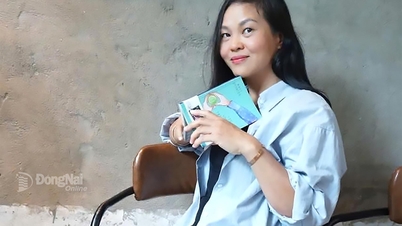

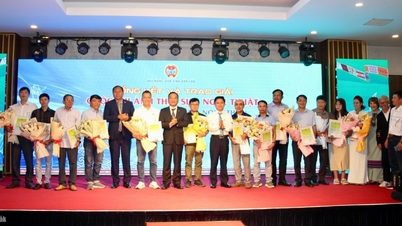















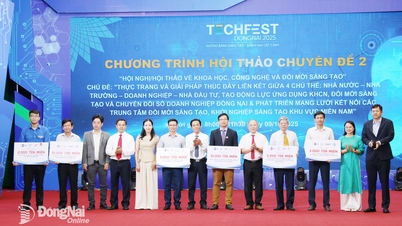













































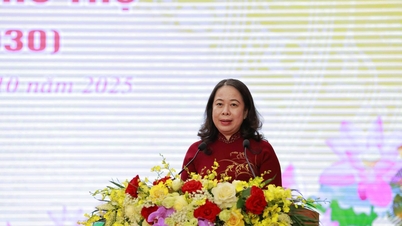




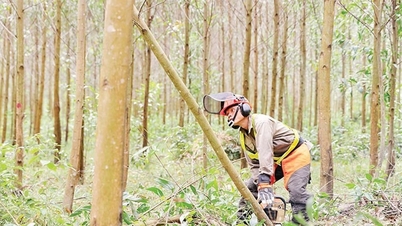



















Comment (0)